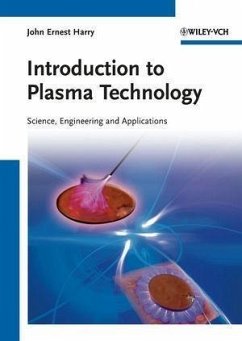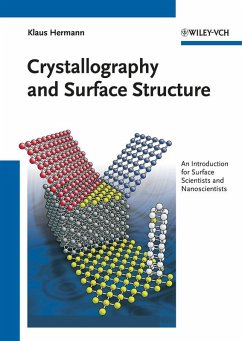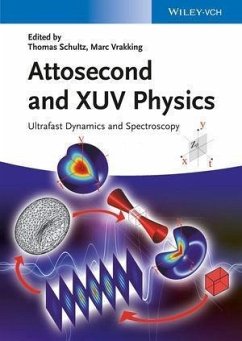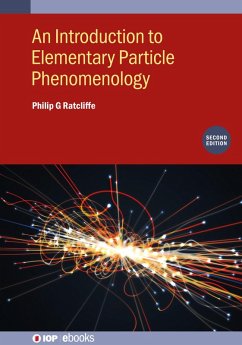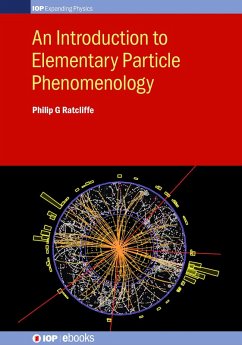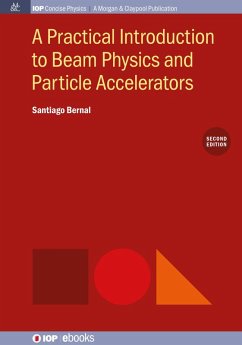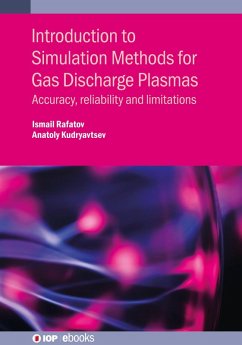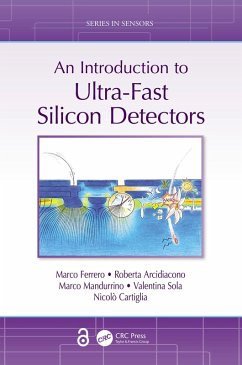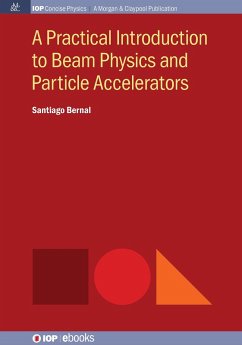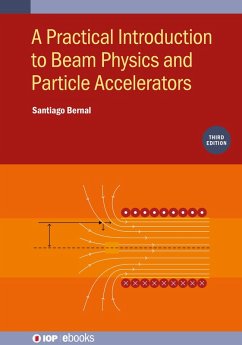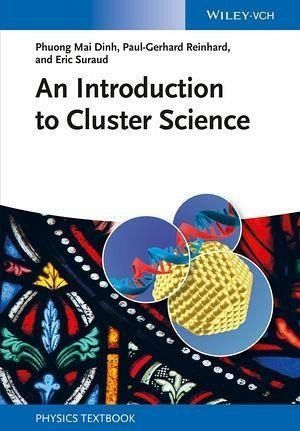
An Introduction to Cluster Science (eBook, ePUB)

PAYBACK Punkte
0 °P sammeln!
Filling the need for a solid textbook, this short primer in cluster science is ideal for a one-semester lecture for advanced undergraduate students. It is based on a series of lectures given by the well-established and recognized authors for the past ten years. The book covers both the basics of the domain as well as up-to-date developments. It can be divided roughly into two parts. The first three chapters introduce basic concepts of cluster science. Chapter 1 provides a general introduction, complemented by chapter 2 on experimental and chapter 3 on theoretical aspects. The second half of th...
Filling the need for a solid textbook, this short primer in cluster science is ideal for a one-semester lecture for advanced undergraduate students. It is based on a series of lectures given by the well-established and recognized authors for the past ten years. The book covers both the basics of the domain as well as up-to-date developments. It can be divided roughly into two parts. The first three chapters introduce basic concepts of cluster science. Chapter 1 provides a general introduction, complemented by chapter 2 on experimental and chapter 3 on theoretical aspects. The second half of the book is devoted to a systematic presentation of free cluster properties, and to a thorough discussion of the impact of clusters in other domains of science. These explicitly worked-out links between cluster physics and other research areas are unique both in terms of fundamental aspects and of applications, and cannot be found elsewhere in the literature. Also suitable for researchers outside of the field looking for an introduction to cluster science.
Dieser Download kann aus rechtlichen Gründen nur mit Rechnungsadresse in A, B, BG, CY, CZ, D, DK, EW, E, FIN, F, GR, HR, H, IRL, I, LT, L, LR, M, NL, PL, P, R, S, SLO, SK ausgeliefert werden.



